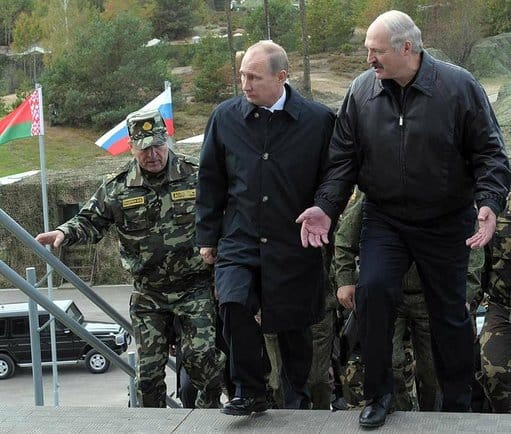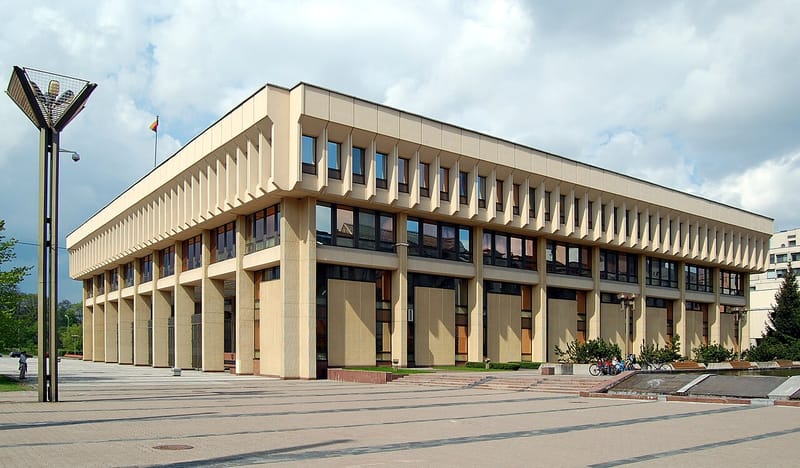BelTA Confirms Belarusian BRICS Partnership
On November 11, 2024, Belarus formally joined BRICS as an official partner, as confirmed by the Belarusian Ministry of Foreign Affairs and reported by BelTA. Belarusian President Aleksandr Lukashenko submitted a formal letter to Russian President Vladimir Putin on November 5.

Belarus Becomes an Official Partner of BRICS
On November 11, 2024, Belarus formally joined BRICS as an official partner, as confirmed by the Belarusian Ministry of Foreign Affairs and reported by BelTA. Belarusian President Aleksandr Lukashenko submitted a formal letter to Russian President Vladimir Putin on November 5, whose country currently holds the BRICS chairmanship, signaling Belarus’s readiness to join the bloc. This move allows Belarus to engage more deeply in BRICS initiatives, especially in areas of economic, political, and cultural cooperation.
Belarus’s partnership with BRICS aligns with its foreign policy principles, emphasizing multilateralism, international law, and support for the so-called multipolar world. Lukashenko praised BRICS as a “pillar of multipolarity,” highlighting its appeal to nations seeking an alternative to Western-led alliances. According to Belarus’s Ministry of Foreign Affairs, this status grants Belarus participation in BRICS special sessions and ministerial meetings, enabling it to join discussions on trade, security, and development (BelTA, 2024).
To qualify as a BRICS partner, Belarus had to meet several criteria, including maintaining diplomatic relations with all BRICS nations, refraining from sanctions outside the UN framework, and upholding commitments to peace and regional stability. The Belarusian Ministry of Foreign Affairs emphasized that Belarus’s partner status allows it to sign BRICS documents and contribute to the bloc’s growing influence in global affairs.
Belarus’s partnership with BRICS is a strategic shift toward the Global South, aligning with emerging economies and expanding its international alliances. As BRICS explores further expansion, Belarus’s inclusion highlights the bloc’s appeal to countries interested in a more inclusive, multipolar global order.




